Who Invites to Dance?
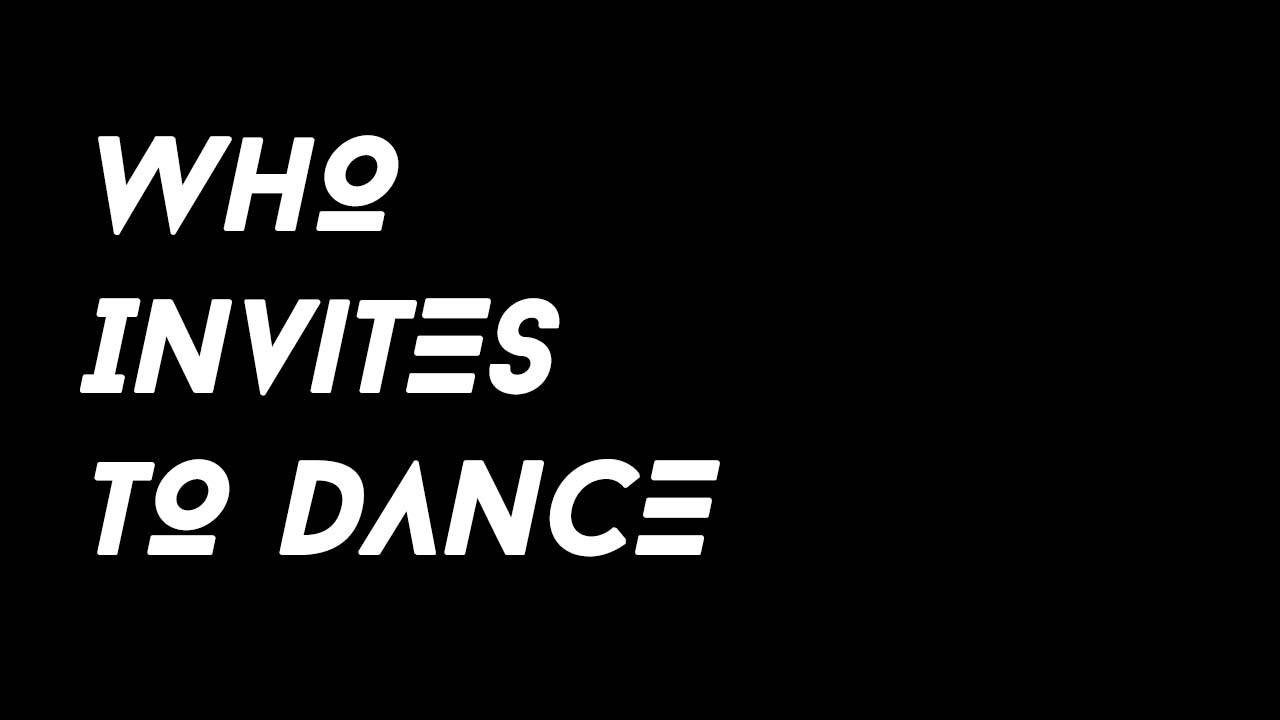
We are in the 2020s. The world is more and more equal and open-minded.
Even if traditionally there was the rule that men dance with women and that men invite to dance, now we increasingly see women dancing with women, and also men dancing with men. And it is very common that women ask men to dance, no matter what role they take on the dance floor.
This is an excerpt from one of my books - "The Secrets of Social Dance - How to Become a Popular Dancer" which you can find on Amazon.
I know that some women still struggle to invite men. They feel that they shouldn't have to, or that it is the responsibility of the men.
However, I believe that we have reached a point where it is hardly possible to maintain that position any longer if you want to dance.
- First of all, we have the fact that there are often proportionally more women in the social scene. So, with women outnumbering men, women are already at a disadvantage if they want to dance. There is more competition for the men, an ...
Why We Love Social Dance
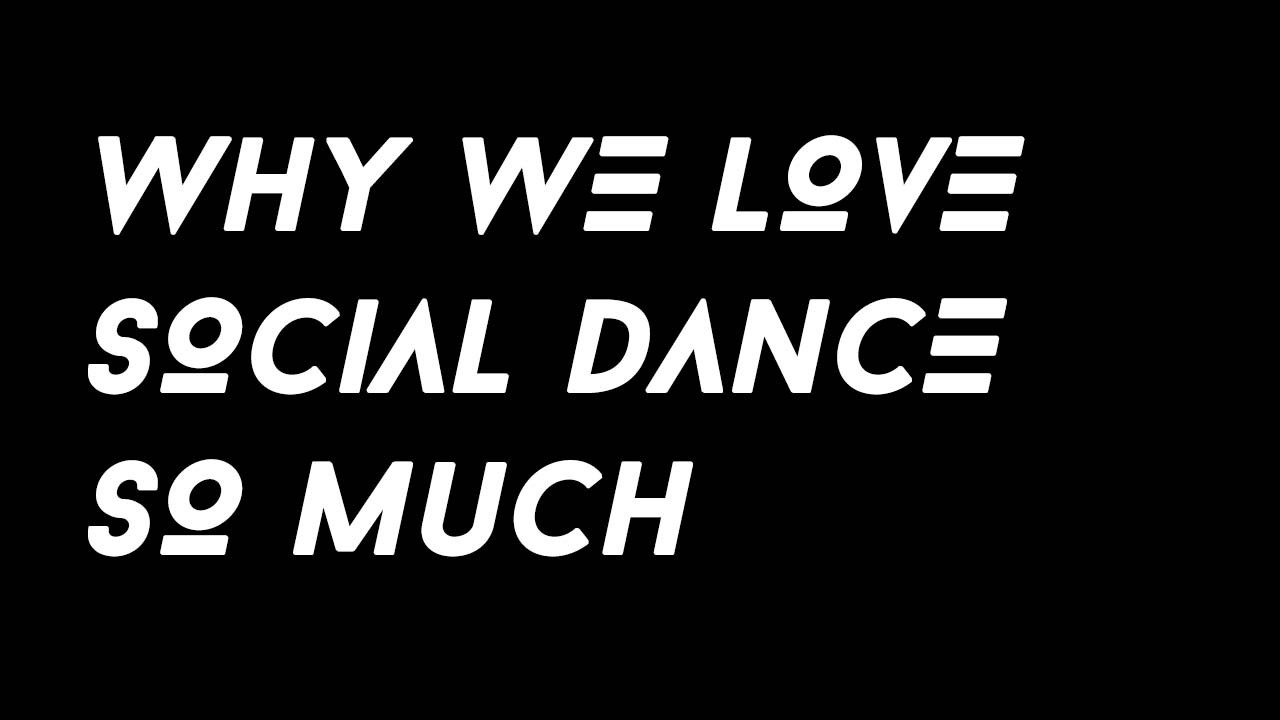
Humans have been dancing in one form or another for a very long time: ritualistic dances, celebratory dances, dances to seduce a partner, and many other reasons. Dance can be many things.
This is an excerpt from one of my books - "The Secrets of Social Dance - How to Become a Popular Dancer" which you can find on Amazon.
Sometimes we see dance on a stage. Sometimes we can see it on TV or on the web. Sometimes we see a dancer in the street trying to make money. These examples are all performative in a way. They are made to be seen or made to make money.
Social dance is different. We social dance only to enjoy the moment. We don't dance to show it for someone else. We dance for ourselves and our partner. We do it to relax and enjoy the journey we are on together. We do it to express ourselves to the music and to connect with our partner. To be truly present.
And with it comes a lot of benefits, which we will cover soon.
Social dancing is improvised and free. It is not ve...
Good Technique Leads to Better Musicality

First of all, it makes the dance technically better. When we dance couple dances there is always leading and following. The leader sends a signal and the follower has to interpret that signal.
This is an excerpt from my book about musicality - "The Secrets of Musicality for Dancers - Learning Nine Essential Skills for Musicality in Dance" Just click the link.
With better technique, the leader will send a clearer signal so there will be less guessing and back-leading. And the timing of the leading will be better. The follower will be better at listening to and reacting to the signal. The interpretation will also be better. And the execution of steps or moves from the follower will be better, with better timing.
The leader then needs to listen to the feedback from the follower. Is the interpretation of the leading correct? Or was there some misunderstanding?
If the follower had good technique, there will be less problems that need to be adapted to. It might be easier to listen...
Don't Dance with Your Partner!
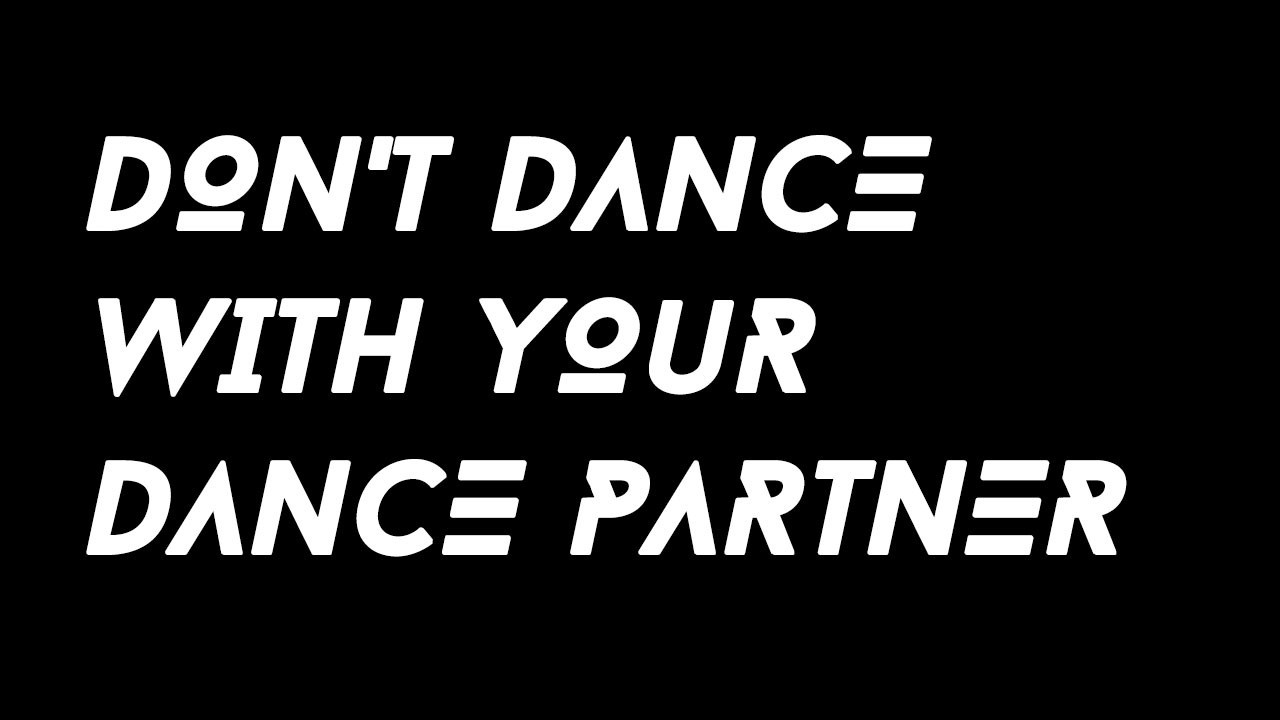
Nice to have you here!
In this post you will read about why you shouldn't dance with your dance partner. No, I am kidding. It is ok to dance with your partner. But...
This is an excerpt from one of my books - "The Secrets of Social Dance - How to Become a Popular Dancer" which you can find on Amazon.
... if you only dance with your partner, you will not advance as fast. It is not too uncommon that a couple shows up in class and don't want to change partners like everyone else does. I usually accept it, but I also often let them know that they will not advance as fast as dancers.
Sometimes you also see couples glued together in dance socials. I don't quite understand it. If they only want to dance together, why not do it at home? There is so much fun going on in a social, so why not take part? It is like they are there, but they are not quite there.
Yes, you can become excellent within your couple. You might dance great together. If that is the only goal, then go ahead. But th...
Why You Should Dance with Beginners

Yeah, there it is. I said it - dance with beginners! Why? Because you will become better. Of course, if we dance reasonably often, we will become better over time no matter what, and no matter if we dance kizomba, salsa, bachata or something else. Soon I will come back to why we should dance with beginners, but first something about why people don't want to dance with beginners.
This is an excerpt from one of my books - "The Secrets of Social Dance - How to Become a Popular Dancer" which you can find on Amazon.
We all have a start. We are all beginners at some time, and beginners are often not as popular on the dance floor, for some different reasons.
- They don't yet have the dance skills
- They are not good at adapting to their partner
- They don't have floor craft
- They don't know how to create connection
- They don't have much of "dance smarts."
- They are often not very creative
- They don't have the musicality
These are all things that can take time to develop.
But there i...
The Positive Effects of Social Dancing
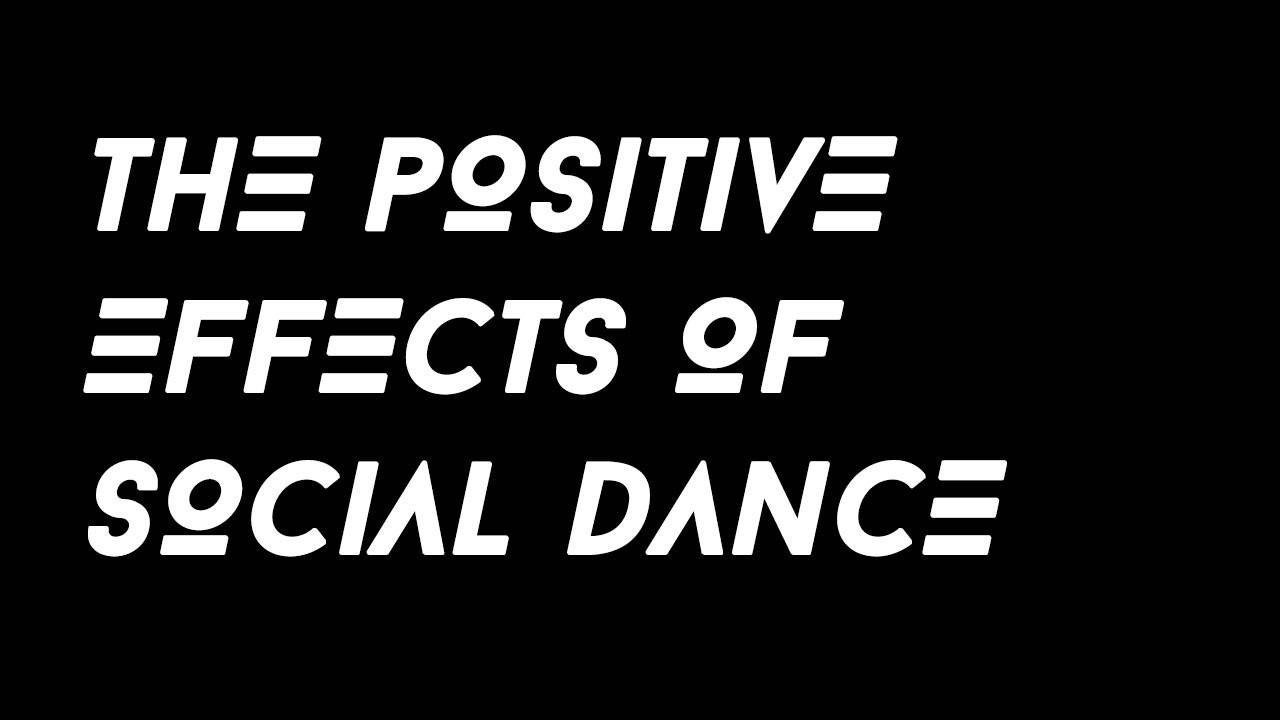
I do not doubt that social dancing is one of the best things you can do in your spare time. Salsa, bachata, kizomba, tango, west coast swing - all of them have benefits that are more obvious, and some not so obvious. They all force you to use several different senses and to use many different skills. Dance can make you healthier and happier. And it also connects you to other people.
This is an excerpt from a bonus chapter of one of my books - "The Secrets of Social Dance - How to Become a Popular Dancer" which you can find on Amazon.
If you are already a social dancer with some experience, you have felt how it is to forget everything else at that moment. You have been wholly present in the dance, lost track of time and space a bit, not spending a thought on work, your relationship, or anything else in life that might otherwise occupy your mind.
Meditation
Social dance can be like taking a vacation to a beautiful place where no problems exist, even if it is just for a short moment i...
The Elements of Music

If you want to learn more about music and musicality, no matter if you dance kizomba or any other dance, this is a good place to start. Music is built on the interplay of three things:
- Rhythm
- Melody
- Harmony
Let’s take a closer look at each one of these elements.
This is an excerpt from my book about musicality - "The Secrets of Musicality for Dancers - Learning Nine Essential Skills for Musicality in Dance" Just click the link.
Rhythm
Rhythm is essential for music. It is the element of time in music. When we clap our hands or tap our foot to the music, we are expressing one part of rhythm, the pulse.
Just like most things in nature, like the heart, the waves on the beach or the night and day rhythm, all music has a pulse, at a specific tempo. This is the same as when we often talk about beat, and the beat of music. From now on we will use the word beat instead of pulse, as I think it is more common among dancers. The tempo of this beat is what we often call BPM (Bea...
Why Follows are Out of Balance
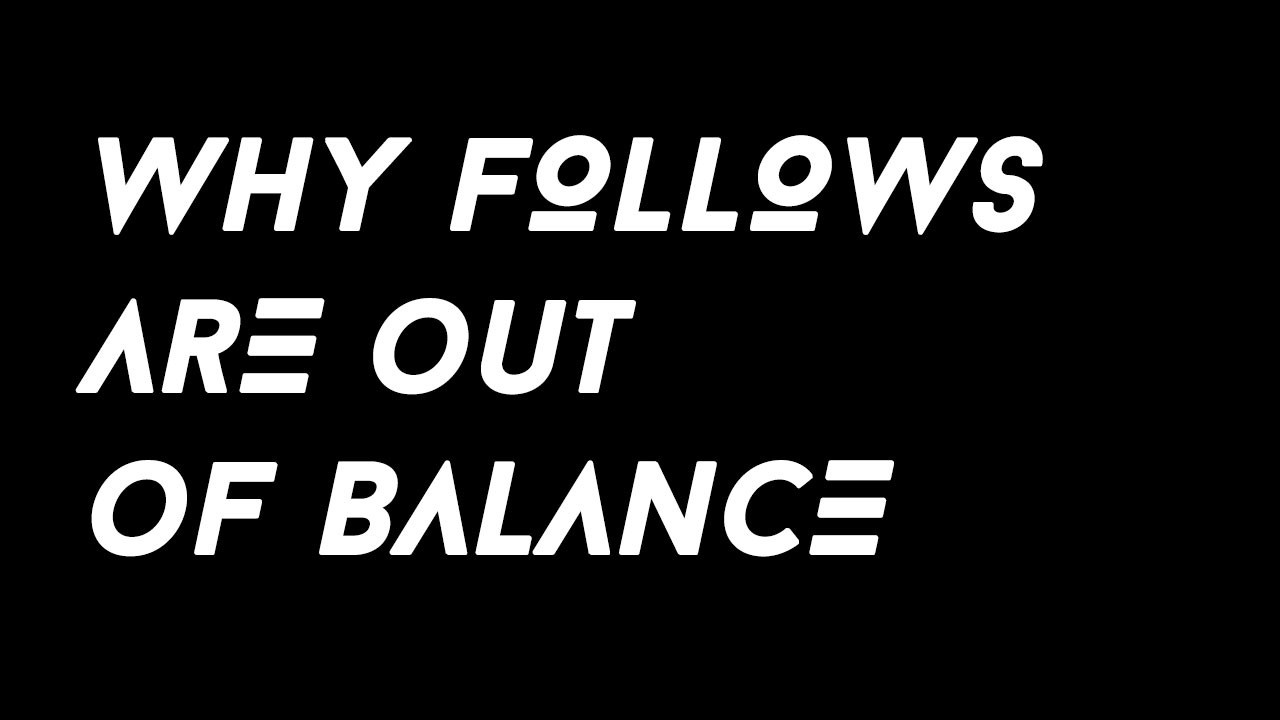
I am glad to have you here! In this blog I will talk about five different reasons a follow can be out of balance when dancing kizomba, salsa, bachata or any other partner dance and how to fix it. So, make sure you read to the end!
Feet are too far apart in taps
When you tap and you place your feet too wide, you will have some weight on both feet. When you have weight on both feet it means none of them is free to move. And, as soon as you get the signal to move, you will have to put weight on your partner to be able to take that step.
Or you will need to first transfer it 100 % to the other foot to be able to move. And if you do this you will become slow.
So, always tap with feet together. In general, try to collect your feet under your body as much as possible.
Not walking on a line
When I say walking on a line, I actually mean walking just outside that line.
The inside of the feet are touching on that imagined line. Walking like this moving forward you are in balance all the way o...
What is Floorcraft?
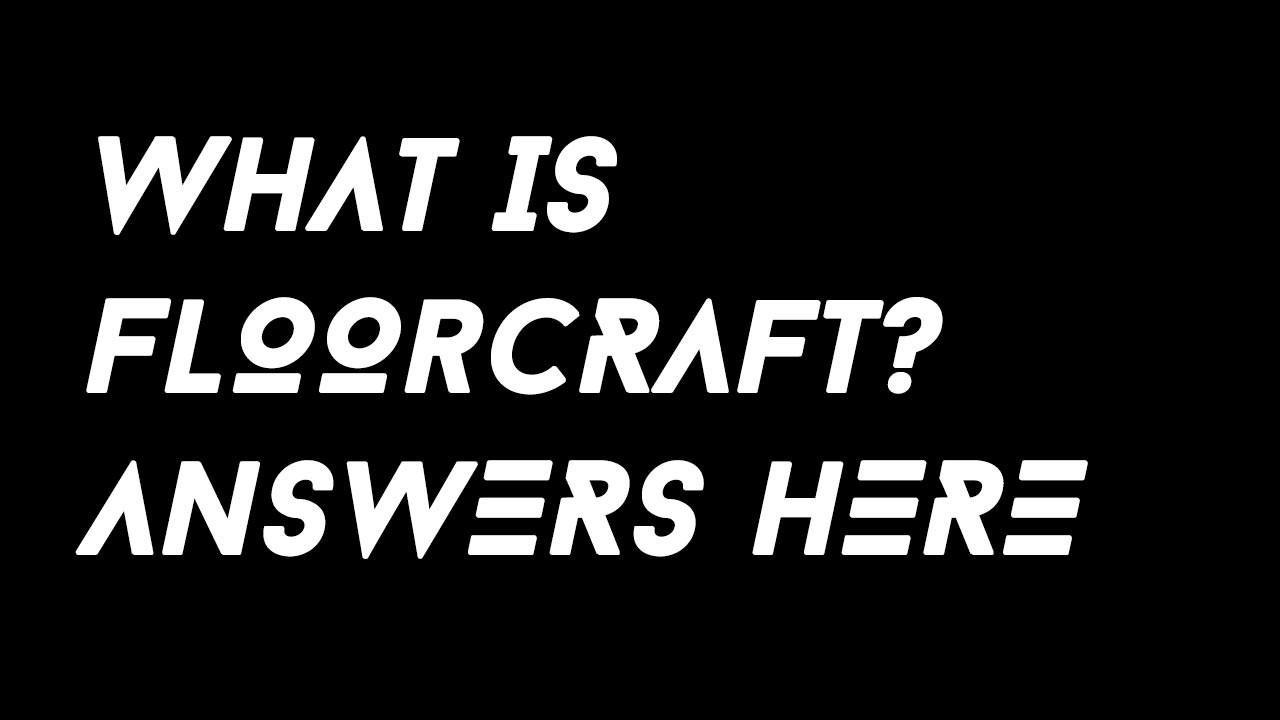
Very often people say: "Music is the Master", meaning we have to follow the music. So, if the music is very energetic, we should dance in a very energetic way, for example. But there is one thing that can be even more important than the music when it comes to how we dance.
How crowded is the floor? Sometimes it is impossible to truly follow the music when we dance, because if we did, it would be mayhem on the floor.
We need to adapt to our surroundings and all the couples around us. We have to make sure what we do is suitable for the environment. This is what floorcraft is about - to make sure dancing is enjoyable and safe for everyone. Even if I mainly dance kizomba, kizomba fusion, salsa and bachata, this text is adapted to fit for pretty much any dance.
This is an excerpt from one of my books - "The Secrets of Social Dance - How to Become a Popular Dancer" which you can find on Amazon.
Floorcraft is the art of adapting your dance to what your surroundings permit, the dance...
Tips for Dancing with Dance Teachers
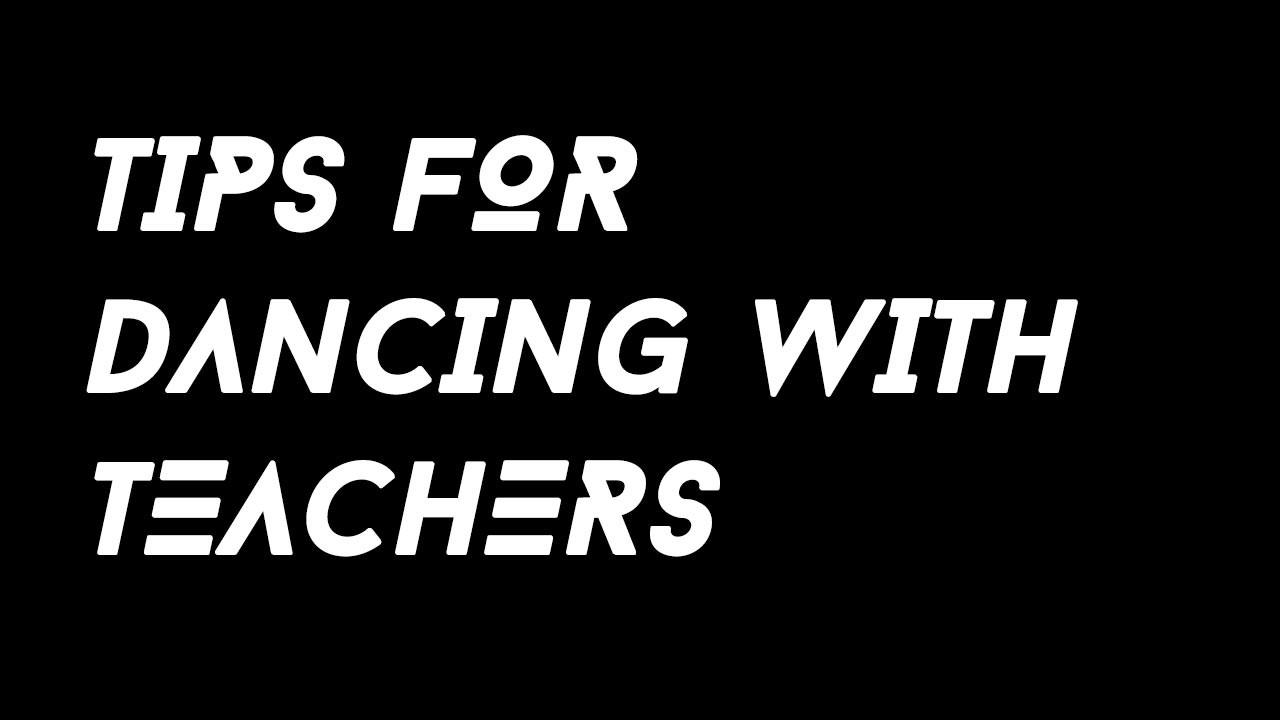
I am a dancer, and I am a teacher. I dance salsa, bachata, kizomba, kizomba fusion and semba and I give classes and online courses in kizomba and fusion. And I want to tell you something very important. Are you ready?
Teachers are just like everybody else! They are not superhuman. They are not more special than anyone else. The same rules apply to them as to everybody else. This also means that they deserve the same respect.
This is an excerpt from a bonus chapter of one of my books - "The Secrets of Social Dance - How to Become a Popular Dancer" which you can find on Amazon.
Here are some facts:
- Teachers also like to dance. Don't be afraid to invite a teacher to dance, no matter your level. Dressing up, going to the party and feeling ready to dance and then no-one dares or wants to invite you is not fun for anyone, including teachers. Please feel free to ask!
- Teachers also need to rest. It happens that teachers have the problem of not being invited, but quite often, it is ...




